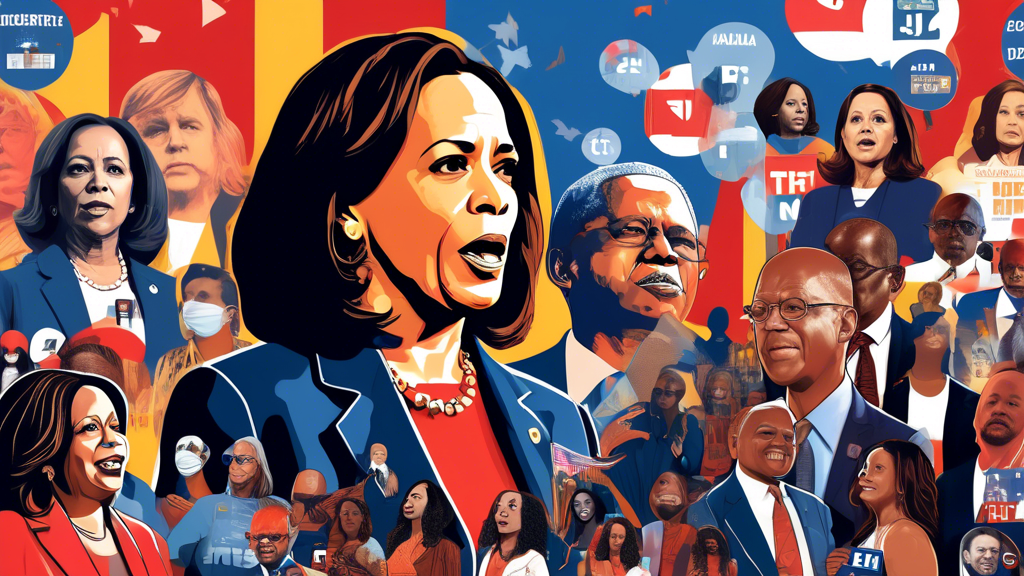
Election Interference Scandal: Meta, MSNBC, and Google Figures Admit Support for Harris and Democrats
The integrity of the electoral process has come under scrutiny following a wave of allegations suggesting that key players from major tech companies and media outlets have openly confessed their support for specific political affiliations—namely, Vice President Kamala Harris and the Democratic Party. These admissions have fueled concerns regarding election interference, media bias, and the broader implications for democracy in the United States.
Understanding Election Interference
Election interference is defined by actions that manipulate or skew the electoral process to favor a specific candidate or party. In light of recent reports, the focus has turned to how influential companies like Meta (formerly Facebook), Google, and major media organizations such as MSNBC play a role in shaping political narratives and outcomes.
Role of Tech Companies
Concerns surrounding tech giants have been amplified by allegations that their platforms may contribute to biased electoral results. Critiques center on the use of algorithmic decision-making that can favor certain political messages, along with policies implementing censorship that may disproportionately affect conservative viewpoints. This has sparked debates about the responsibility these companies hold in maintaining an impartial platform for all political ideologies.
Political Affiliations of Prominent Figures
Recent disclosures have laid bare the political leanings of high-ranking individuals within these tech companies and media outlets. Several prominent figures have reportedly admitted to supporting the Democratic Party and its candidates, including Kamala Harris. This revelation raises questions about the extent to which personal biases could shape corporate policies and practices, potentially compromising the neutrality expected from such influential platforms.
Media Bias and Its Impact
Media outlets like MSNBC have also faced scrutiny over accusations of biased reporting that favors particular political agendas. Observers argue that the selective coverage of certain issues and candidates can sway public opinion and influence electoral outcomes. This phenomenon raises important questions about the responsibilities of media organizations in providing fair and balanced reporting that serves the interests of a diverse electorate.
Ethical and Legal Considerations
The implications of these revelations extend beyond ethical debates. Potential legal violations surrounding election laws and regulations may emerge if it is proven that interactions between tech companies, media outlets, and political entities have compromised electoral integrity. Consequently, this situation necessitates close scrutiny from lawmakers and regulatory bodies to preserve public trust in democratic processes.
Public and Political Reactions
The reactions to these allegations have been widespread, drawing comments from politicians, legal experts, and the general public. Many advocates for electoral integrity are calling for greater transparency and accountability from tech companies and media organizations. Critics argue that without addressing these concerns, the democratic system may continue to face erosion, undermining the very foundation of governance by the people.
Conclusion
The recent admissions by prominent figures from Meta, MSNBC, and Google concerning their alignment with the Democratic Party spotlight pressing issues related to election interference and media integrity. As these revelations unfold, they challenge the fabric of American democracy, emphasizing the critical need for transparency, impartiality, and ethical practices in an increasingly complex political landscape.
